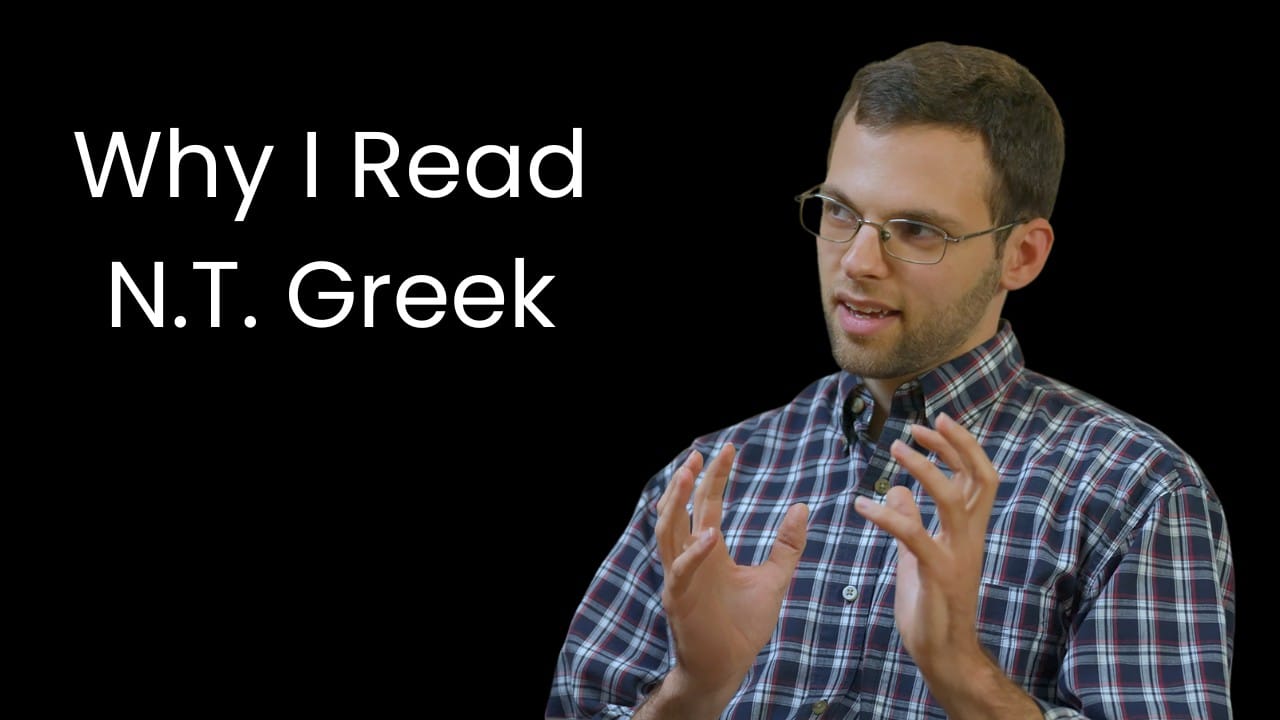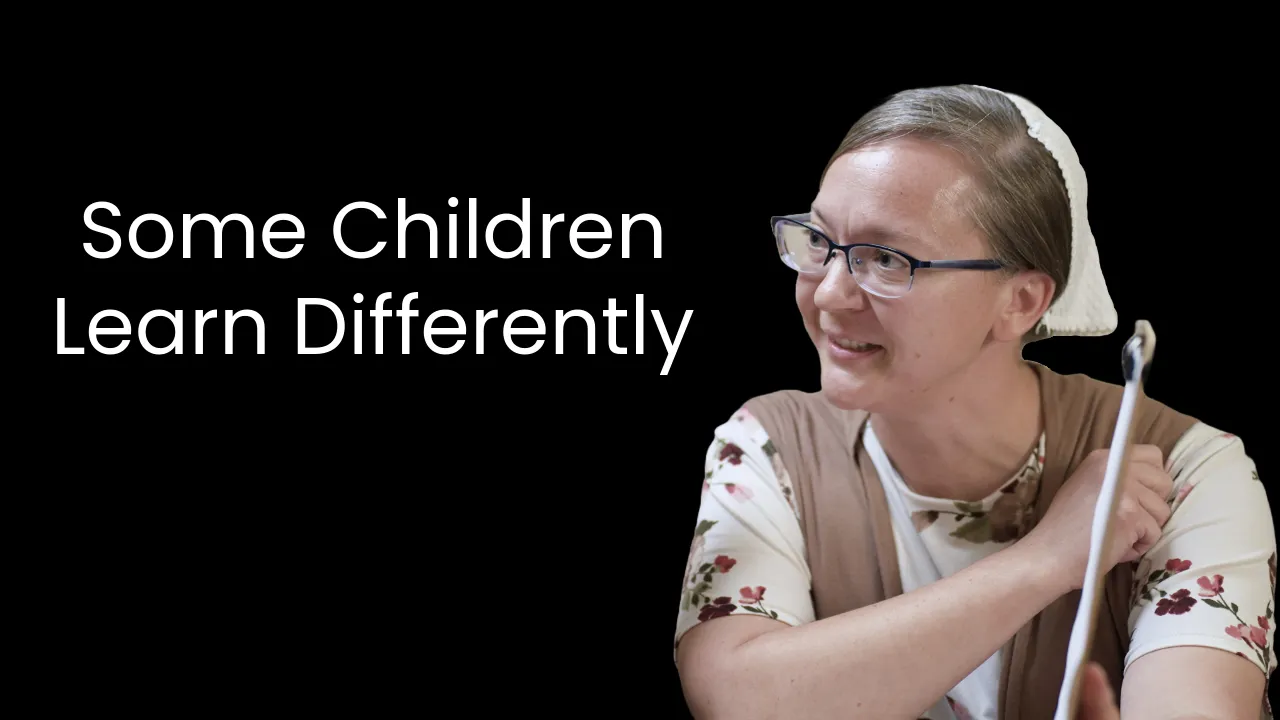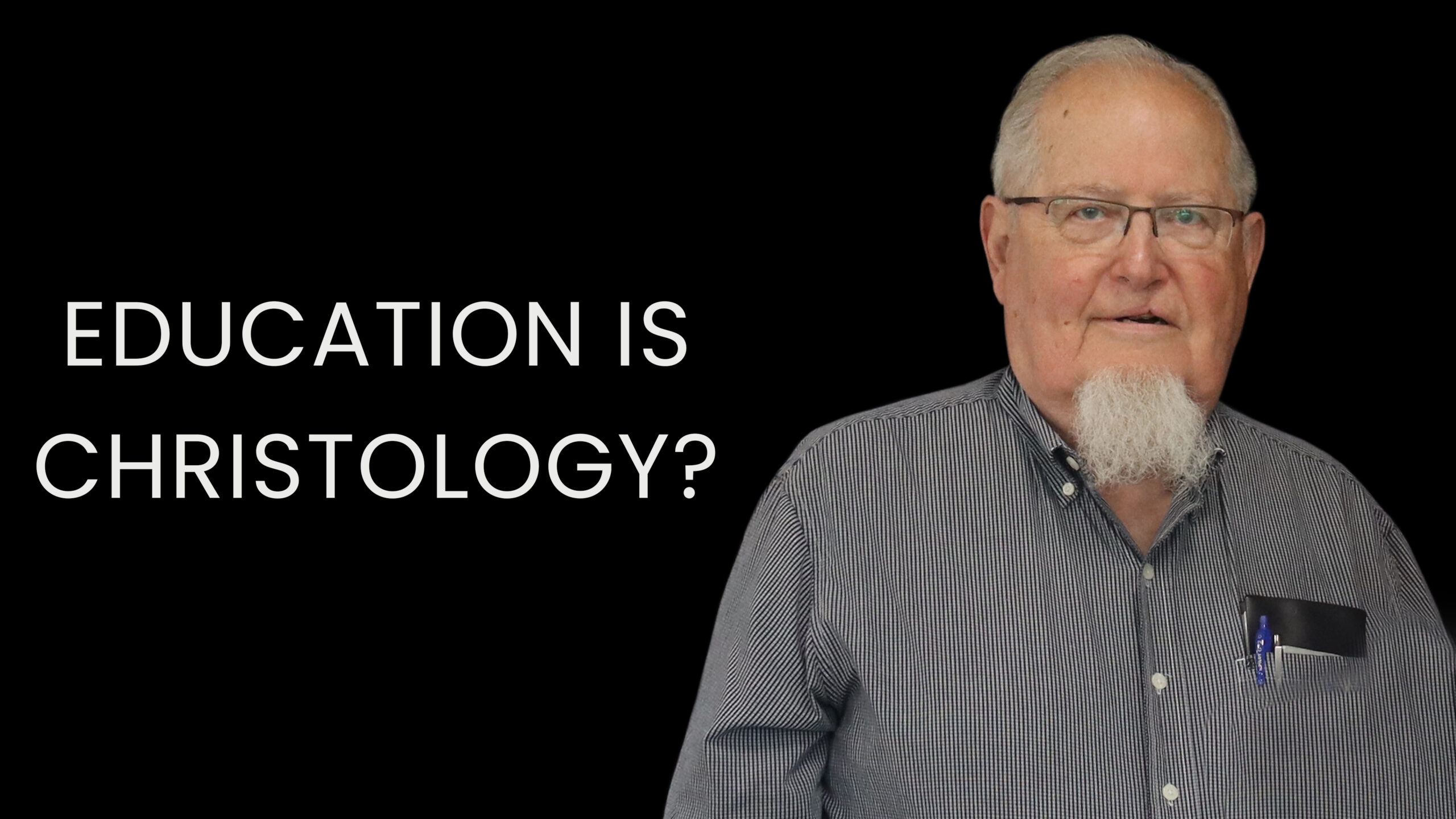Money, Education, and My Anabaptist Experience
Anabaptists take the Bible very seriously. We try to pattern all aspects of our lives after its teachings, and in general, I believe we are doing well. However, in my opinion, we have room for improvement on how we view and interact with education and wealth. It is clear from scripture that wealth is something we should handle with extreme care or even avoid. Although not as explicit about education, the Bible generally views it favorably. In my experience however, Anabaptists sometimes reverse the two; being very comfortable with wealth and very uncomfortable with secondary and postsecondary education.
In Mathew chapter 19, Jesus’ disciples are astounded by his statement about riches, camels, and needles. While there is some debate about terminology in this verse, Jesus’ main point is hard to miss. Wealth can keep us out of heaven. Notice that Jesus does not say poor stewardship can keep us out of heaven, but rather, he clearly says that having wealth can jeopardize our entrance to heaven. I have heard and read much about being a good steward of our wealth and warnings about resisting materialism. To me, it seems like we are setting the bar substantially lower than where Jesus set it. Sometimes I can’t help but wonder if our comfort with wealth is tending toward an unhealthy level. Can we live average bourgeoisie lives and simultaneously uphold a biblical view of resources? We drive expensive vehicles, own large houses, take frequent vacations, and have many nice “toys”. Simultaneously, people are dying from malnutrition, lack of sanitation, and infected water. What are our obligations to these global problems? I would like to believe that we can have these nice things and still walk the path God has outlined for us, but some days I doubt myself. Gary Miller writes,
But somehow we tend to think we are the exception. We like to believe we can have earthly riches without wealth having an effect on our heart.”1 “If ye would be perfect, go, sell what you possess and give to the poor….”2 Is this verse only for the rich young ruler, is it for everyone who makes more money than me, or is it for each one of us? Do we justify our lifestyle by observing American culture or how other Anabaptists are living, or do we use the teachings of Jesus as a measuring stick for our acceptable wealth levels? If Jesus came in person, would he likewise need to tell us, “Sell what you possess … and you will have treasure in heaven”? 3
In Luke chapter two, Jesus is hanging out in the theology department at the “University of Jerusalem” where he was “sitting among the teachers, listening to them and asking them questions.”4 At 12 years old, Jesus was thoughtfully engaging with professors of his day. The next time we hear of him he is beginning his ministry around age 30. What did he do in the intervening years? Did he work as a craftsman? Did he attend the three traditional levels of Jewish education? One theory suggests he was a disciple of John the Baptist5. This would explain Jesus’ puzzling response to the Jewish elders when they ask him where he received his authority. If he were a disciple of John, admitting John’s ministry was from heaven would have legitimized Jesus’ teaching. Hence the refusal to answer. While we don’t know for certain what Jesus did from ages 12 to 30, the Bible does tell us that Jesus “increased in wisdom and in stature.”6
Knowledge and education, when mentioned elsewhere in the Bible, are also painted in a positive light. Two examples come to mind. “The fear of the Lord is the beginning of knowledge, but fools despise wisdom and instruction,”7 and “The heart of the prudent acquires knowledge, and the ear of the wise seeks knowledge.”8 In my experience, Anabaptists are very cautious about post-secondary education. This sentiment is certainly warranted. Education, when done properly, is not only informative but also formative. Many institutions are formative in ways that are not reconcilable with true Christianity. However, I don’t believe demonizing, discouraging, or prohibiting education is a wise reaction. (I have observed each of these responses.) Instead, we should work together at enabling and supporting our people as they work through the challenges the educational environment entails. Part of the church’s job description is to encourage, support, and give guidance to each other as we engage with culture, bring light to a dark world, and live out the gospel message. God is the Creator of a complex world, and it is through studying his creation that we can bring honor and glory to him. With education comes many opportunities to advance God’s kingdom in ways that are not possible otherwise. Several examples that come to mind include healthcare workers who have the opportunity to interact with people who are having some of the worst days of their life, educators who can get into countries with otherwise unreachable people groups, accountants, counselors, and many others. As people who take the Bible seriously, I want to encourage us to continue to wrestle with the applications of scriptural principles as they pertain to our day. Let us work together to support and encourage those who feel God’s calling to pursue postsecondary education and wrestle with the question of wealth and whether our current beliefs and practices are best aligned with the teachings of scripture.
__________________________________
References
1Gary Miller, Kingdom Focused Finances (city: publisher, date), p. Return to context⬏
2 Matthew 19:21 ESV Return to context⬏
3 Matthew 19:21 ESV Return to context⬏
4 Luke 2:46 ESV Return to context⬏
5 Marty Solomon, host. “ Tavilah T’Shuvah.” The BEMA Podcast, season 3, episode 91, 1 November 2018. Return to context⬏
6 Luke 2:52 ESV Return to context⬏
7 Proverbs 1:7 ESV Return to context⬏
8 Proverbs 18:15 Return to context⬏








Leave a Reply